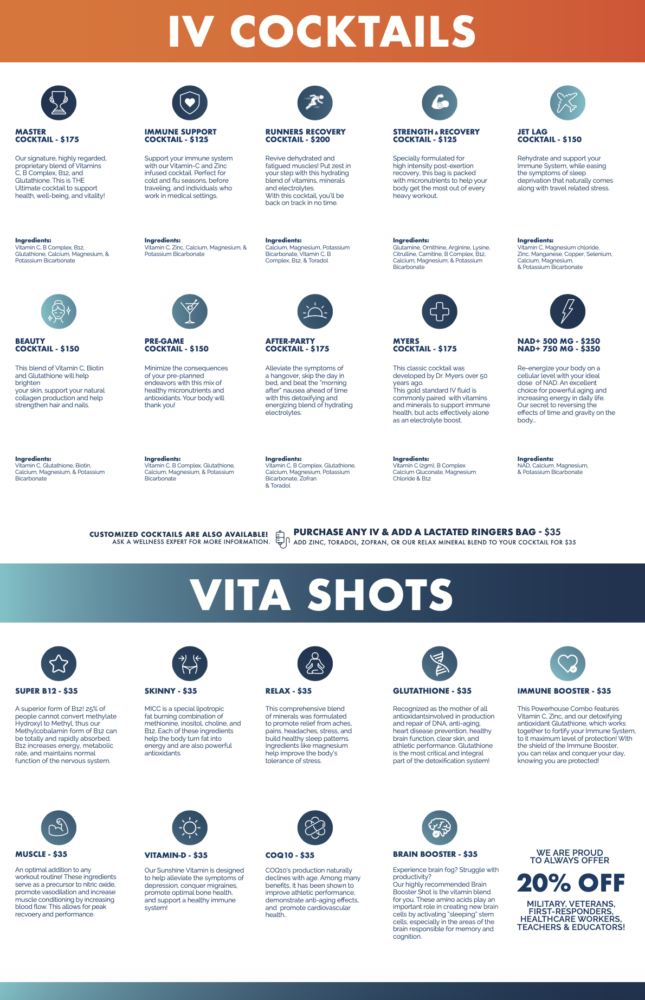4 Treatments For Angina Pectoris-
Disease Overview:
Angina Pectoris is the medical term for chest pain or discomfort. It typically happens when some part of the heart muscle doesn’t get enough blood and oxygen. It is known to be a symptom of the more serious condition called Coronary Artery Disease (CAD).
CAD occurs when the arteries that carry blood to the heart become narrowed and blocked. Angina Pectoris occurs when your heart muscle doesn’t get enough blood and oxygen, limiting the efficiency of your heart. To compensate, your heart must work harder to supply more blood and oxygen, causing the angina.
When you go in to get diagnosed, your healthcare provider will ask about your medical history according to Cedars Sinai. They will give you a full physical exam and may even provide you with multiple tests like:
- Stress Test- this type of test is done while you are exercising on a treadmill or a stationary bike. It will test your hearts ability to function when under a specific amount of stress like exercise.
- Electrocardiogram- This test will record the electrical activity of your heart. It may even detect heart damage and abnormal rhythms.
- Cardiac MRI- while this one may not be available at all medical centers, it’s a great way to look at the amount of blood flow to the heart muscle.
- Cardiac Catheterization- in this test a wire is passed into the coronary arteries. After that, a contrast dye is injected into your artery and ex ray images are taken to see any blockages.
From there you will work on treating your condition in the best way possible. This will depend on many things like your symptoms, age, general health, and even how severe the condition is. You may be prescribes medicine like nitroglycerin if you have angina. The nitroglycerin will help relieve any pain you may b feeling by widening you blood vessels. This will allow more blood to flow to your hear and help decrease the workload.
Some of the major risk factors may include physical activity, emotional stress, heavy meals, drinking excessively, and more. It’s important to always keep your heart running smoothly. IV therapy may be able to provide relief to some of the symptoms that come with angina pectoris. With vitamins and nutrients being administered directly into the veins, you can receive total absorption.
Nutrient Research:
- L- Carnitine- This is a chemical found in the brain, lungs, and kidneys that helps convert fat into energy. It also seems to have beneficial effects on blood pressure, oxidative stress, and help reduce inflammation. L-Carnitine, administered in conjunction with standard pharmacological therapy, may improve cardiac and skeletal muscle function.
- Coenzyme Q10- This is a molecule naturally produced in the body but declines as we age. It helps reduce blood pressure and improve blood flow. This molecule can help protect against oxidative stress. It may assist the heart reach higher levels of the vital energy source ATP.
At The IV Lounge we have a wide variety of services. They include ingredients that may provide some relief for the symptoms of chronic conditions. To hear more about our services, simply visit our website or give us a call. We can schedule your FREE consultation today!
Works Cited
Cedars Sinai. (n.d.). Angina Pectoris. Retrieved from Cedars Sinai: www.cedars-sinai.org/health-library/diseases-and-conditions/w/what-is-angina-pectoris.html







